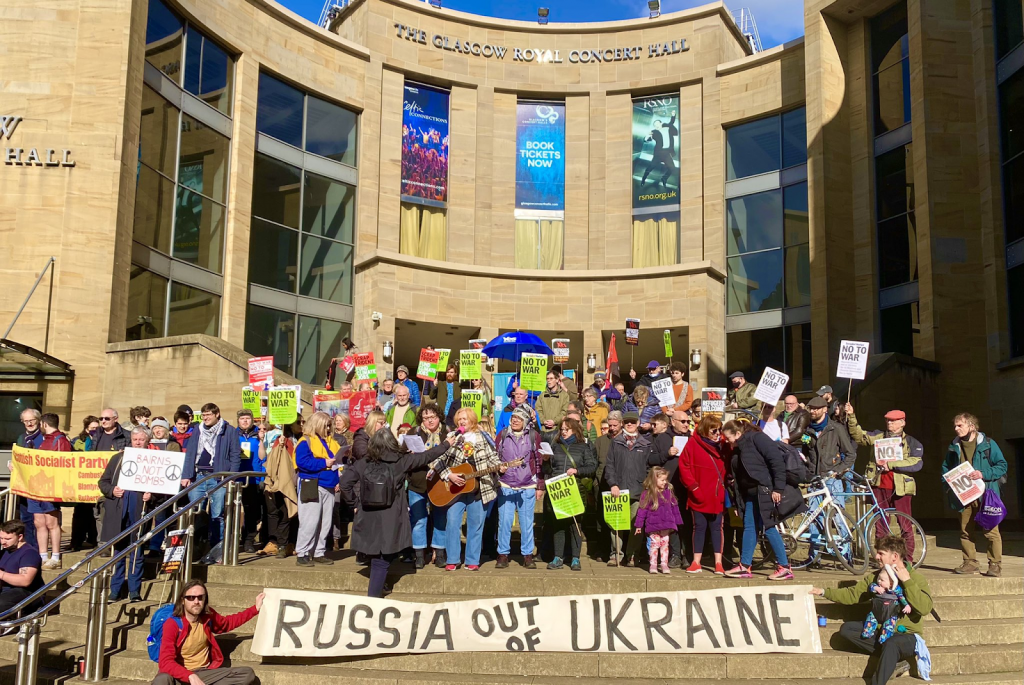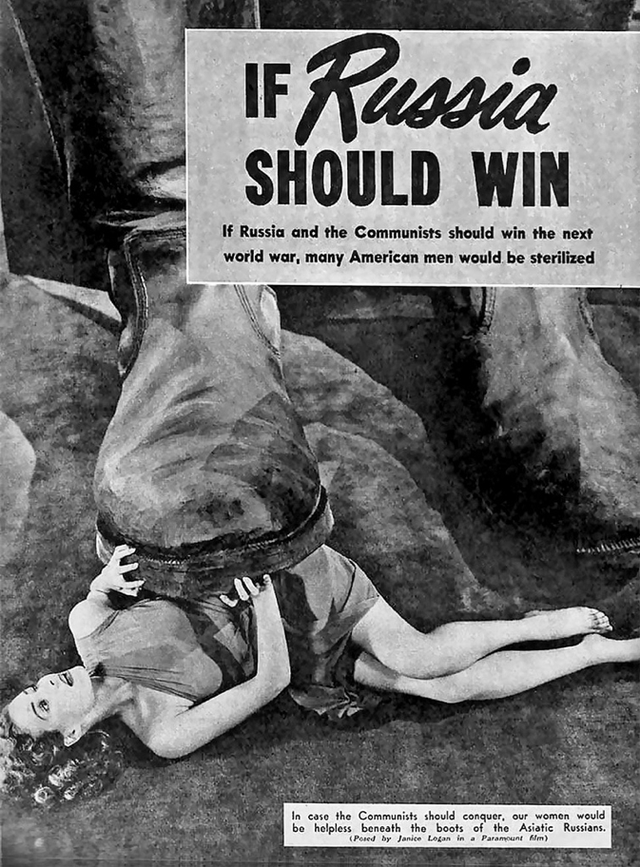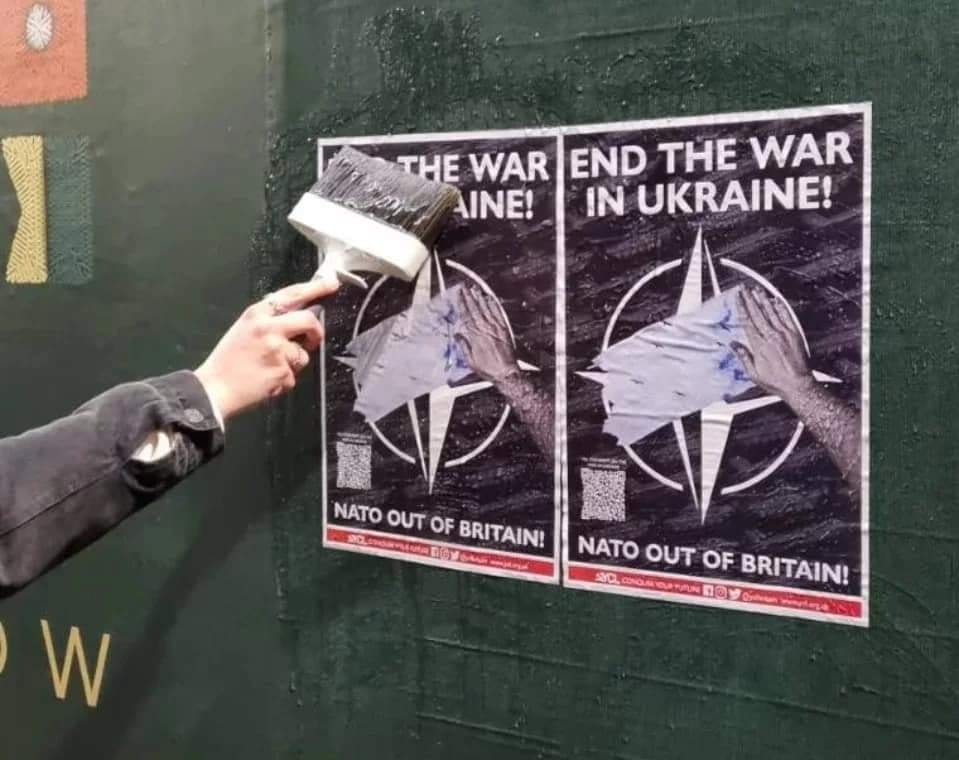When it comes to anti-imperialist struggle, the line between elements of the left and right becomes blurred, and the war in Ukraine has been no exception. The role of the US, Nato, and Europe in exacerbating and escalating the conflict, breaking multiple treaties in Budapest and Minsk, and crossing Russian ‘red lines’ by expanding to its borders, conducting military drills near its territory, and manipulating Ukraine through regime change operations, weapons build-ups, arming and training of far-right groups, and courting of the country for Nato membership, has all been dismissed by liberals and the imperialist left as ‘Putin apologists.’ Despite this, communists the world over have continued to emphasise that it is Nato that lies at the heart of this crisis, and that this is Russia’s target as it attempts to ‘demilitarise’ and ‘denazify’ Ukraine, and seek protections for the pro-Russian territories of Donetsk, Luhansk, and Crimea.
If imperialism is the highest stage of capitalism, then as peace-seeking communists in the imperial core, shouldn’t our first and most urgent goal be to organise against it within our own countries? Created as a means of containing the Soviet Union, Nato is a tool of US imperialism and hegemony in Europe that has been responsible for wars in countries like Yugoslavia, Afghanistan, Iraq, and Libya. NATO for many years has struggled to find the common enemy it once found in Russia and the Soviet Union, flipping from that and Islamic fundamentalism. But it seems it has once again found Russia to be enemy number one.
Nato should be our main enemy, yet it has been almost completely side-lined as a target in favour of more popular attacks against Russia. Our primary goal is de-escalation, but without contextualising a position opposing the Russian invasion against the backdrop of the conditions leading up to it, we may very well end up doing the reverse: manufacturing consent for more sanctions, more weapons exports, more military funding, and even those measures which could drastically and irreversibly widen the scope of the conflict, such as a no-fly zone or direct military intervention.
The Stop the War rallies in the UK on Sunday 6 were organised on a platform attacking both the Russian invasion and Nato warmongering. This aligns with the current position of the YCL and CPB, but the rally in Glasgow was dominated almost entirely by anti-Russia voices. One notable exception was a lecturer of Central and Eastern European Studies from Glasgow University who was able to contextualise the conflict and push for a negotiated solution while pointing the finger squarely at Nato, but he was in the vast minority. One anti-communist even managed to exploit his platform to compare the Russian invasion of Ukraine with the 1979 Soviet intervention in Afghanistan. Russia and Ukraine co-existed as sister nations for 69 years under the USSR, and for 23 years after, and it was only with the re-establishment of capitalism that Ukraine was made vulnerable to US and European manipulation in the Maidan coup which ousted neutral leader Viktor Yanukovych in order to exert Nato influence upon the country.

By taking uncomplicated anti-Russia positions, these demonstrations effectively create collaboration with the ruling classes seeking to profit from war and imperialism. If someone were to look at the picture above, would they see an anti-Nato rally? Does this slogan serve our primary goal of de-escalation? If we’re uniting around a banner that even the most aggressive individuals in Nato and our parliament could comfortably support, then we should see a problem. After all, in the UK we have little control over the movements of Russian troops, and Putin isn’t going to hear the songs of liberals and suddenly change his mind about a military strategy that he believes is in Russia’s best interests.
We do, however, have the power and duty to build opposition to British intervention and to Nato, the organisation that laid the foundations for this conflict and of which Britain is a founding member. If other members of the left refuse to do this, then it’s up to Britain’s communists to lead the charge, not only as it would be a momentous and lasting contribution to peace, but also a great advancement of the class struggle.
Unfortunately, many among the Western left prefer to respond to the war with feel-good performativity. While working-class Russians and Ukrainians die in the East, we’ve been out buying blue and yellow paint, as businesses, governments, football teams, and activists compete for the most performative acts of ‘solidarity,’ including new profile pictures, flag emojis, and coloured lights on our buildings and landmarks. Anti-Russian hysteria has also led to a bizarre culture war against Russian exports, including Russian films being pulled from the Glasgow Film Festival, Russian vodka being removed from supermarket shelves, and Tchaikovsky being removed from the Cardiff Philharmonic. Even Engels has been caught in the crossfire, with a Soviet-era statue becoming the target of an arts centre in Manchester, despite Engels being German and the statue being made in Ukraine. Acts of solidarity have not always been peaceful, however. Just as the media circus slandering China for an invented genocide caused an increase in violence against East Asians, the current propaganda and culture war has also led to a spate of attacks on Russian-owned businesses, and other Eastern Europeans are likely to face additional risks as well.

It’s also important to recognise that there is a link between Russophobia and anti-communism which was not severed with the restoration of capitalism in Russia, with a recent poll showing that 55% of US citizens believe that modern Russia is either communist or socialist, and only 11% believe it is capitalist. The McCarthyism of the New Cold War against Russia and China will therefore lead to an emboldened far right and an increasingly hostile atmosphere for communists. The worst effects of this have been felt in Ukraine, where there has been a huge surge in the far-right since 2014, including anti-Semitic education to school students, incorporation of the neo-Nazi Azov Battalion into the National Guard, enormous processions for the Ukrainian Nazi Stepan Bandera, and the declaration of a national holiday in his honour. Attacks on the left have also worsened, including the criminalisation of communists and the Communist Party of Ukraine, an enormous party which received 2.7 million votes in just 2012. In the last week, we have also seen the ruthless arrest of Mikhail Kononovich, the First Secretary of the Leninist Communist Youth Union of Ukraine, and his brother Aleksander on false charges of espionage for Russia and Belarus. Their safety and whereabouts are still unknown.
As a new, multipolar world struggles to be born, how do we as young communists respond? First, we need to make the security of our members a top priority, especially those who are younger and belong to more targeted groups. Second, we must continue to join and support anti-war movements, but with the aim of leading them in an anti-imperialist direction. We must also start our own anti-war campaigns as we’ve done in the past. Third, we need to combat the escalating propaganda war with one of our own, committing ourselves to practising a dialectical materialist analysis of increasingly complex global conditions and redoubling our efforts to both strengthen our own outlets and social media, and establish relationships and influence with others. Finally, we must remember that although capitalist contradictions are sharpening around the world, crisis and change go hand in hand. Young communists need to be prepared.
Eben Dombay Williams, is a member of the YCL’s Glasgow branch



